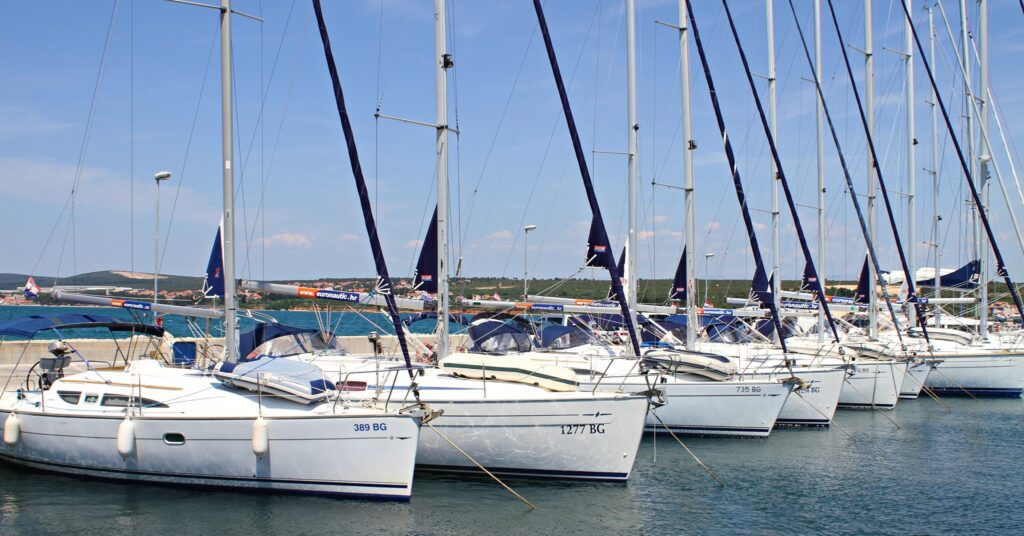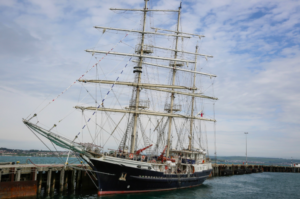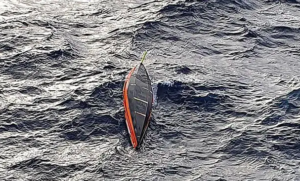Revealing statistics about yacht charter industry

The past two seasons have been challenging for the whole industry. Between shipyards’ production lines being slowed down, raw material crisis across all sectors, and travel restrictions and regulations, every charter professional had to draw on its resources that were already significantly reduced.
The operational issues that shipbuilders have been facing in 2021 (and continue facing in 2022) have led to the unavailability of new boats to purchase, especially for small and medium fleet operators that cannot preorder in bulk with two to three years advance, says Nadia D’Addezio writing for Booking Manager.
Consequently, many companies have a delivery date from 2023 to 2024. In addition, some government subsidies have been suspended, and some regions have been investigating abuses in the usage of these aids. The result is a significant drop of brand new boats in the top destination with Greece facing the most considerable reduction, she says.
D’Addezio has interrogated statistics from Booking Manager, a yacht charter software and online booking system, to take a snapshot of an industry clawing its way back from the pandemic.
She says 2021 represented another year of instability for the market with tighter border regulations and with some countries still closed for tourism. Again, the answer was varied; key players were able to move a consistent part of the fleet to close-by destinations with more favourable entry requirements. Smaller operators, meanwhile, had to think more outside of the box and sometimes succumb to the situation while the lifting of the special VAT conditions in countries like Italy and Greece contributed to instability and reduced the already small margins.
D’Addezio says Italy, Greece, Spain, and Turkey managed to contain the damage and recover some market share, decreasing the loss to -10% compared to 2019. France faced the most significant drop in 2020 (-44%) and reduced it to only -7%. Croatia managed to reestablish the level of 2019 and actually registered a +2%.
Even if some markets in the Mediterranean are catching up unfortunately the situation is still not optimistic with almost 40% loss in general booking capacity across all destinations worldwide compared to 2019, while in 2020, the loss was about 30%.
Some destinations like Thailand were still closed for tourists and others like the British Virgin Islands had extremely severe protocols to enter. Martinique and many Caribbean islands also suffered from the instability of the measures taken by other governments allowing or denying access to their citizens in certain areas.
While the number of closed weeks is still not back to normal, charter length is approaching the standard average of seven days in most countries, says D’Addezio. The only exception is Greece, where the average charter in 2020 was over 10 days and maintained an average of nine days in 2021.
While 2020 brought back some direct bookings to professional operators and reduced the market quota of the top five agents, the resumption of substantial online advertisement budget, more significant investments in technology, and for some even staff reductions, meant that the percentage of reservations through agents have recovered to the pre-pandemic level.
Overall, the unique conditions of a yacht charter holiday proved again to be a successful concept in 2021 thanks to its exclusive nature, says D’Addezio. It represents the safest way to enjoy holidays, and the sector managed to again survive without significant hiccups and with only a few unfortunate situations.
Main image courtesy of Euronautic.











